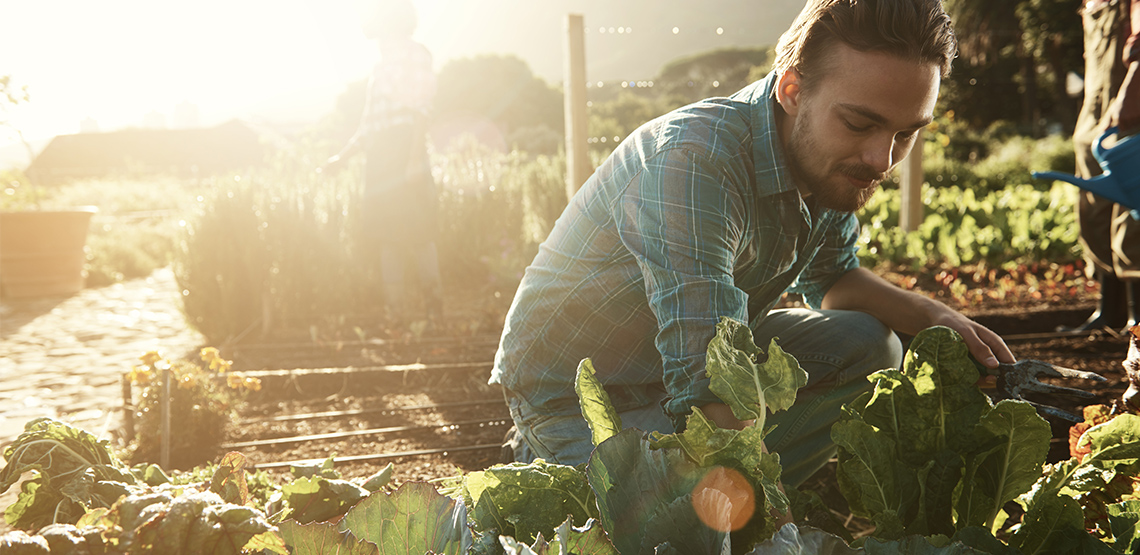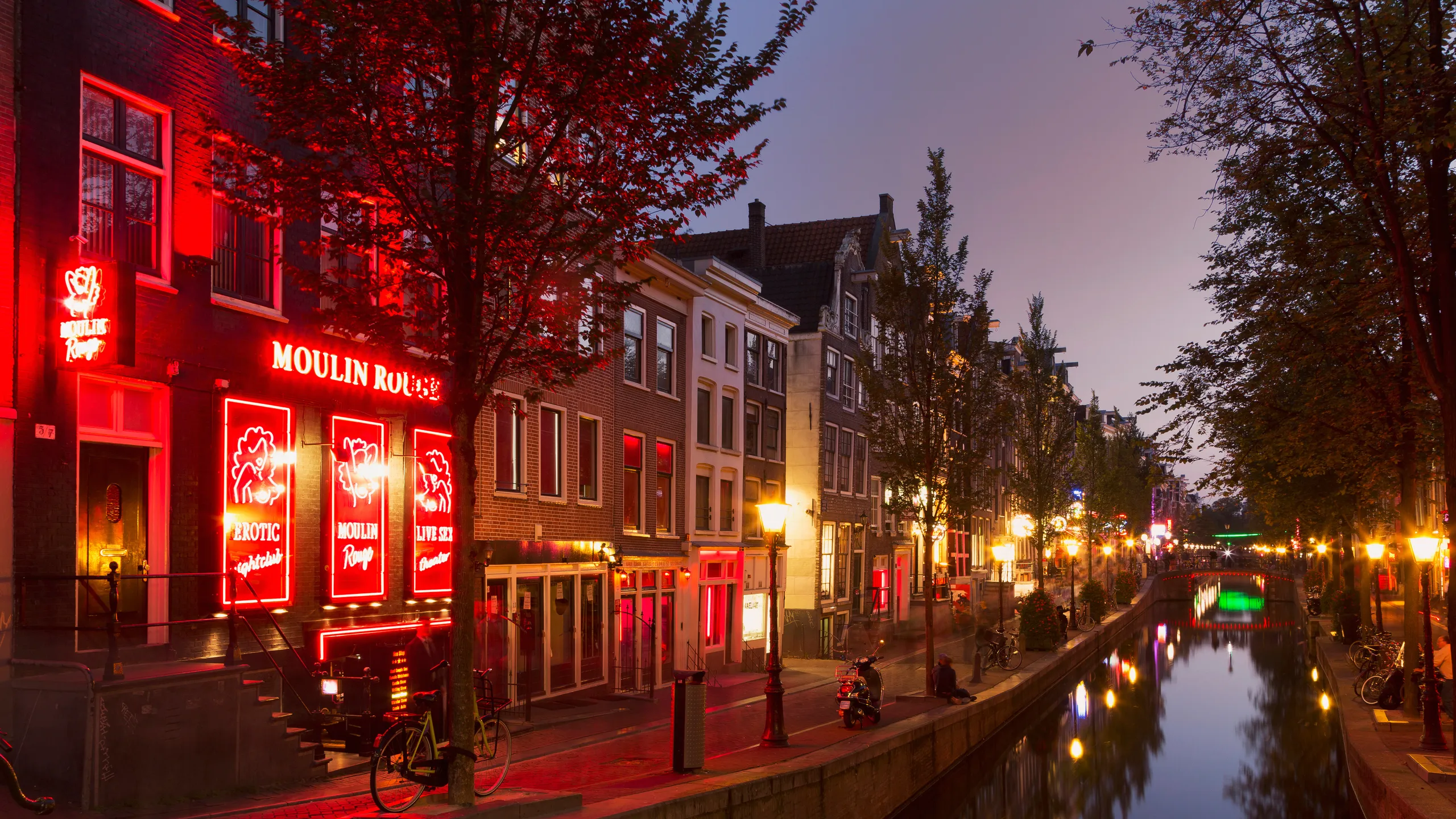A vacation in the countryside to engage in sustainable agriculture while traveling the world at a lower cost? Wwoof is a global community that for over fifty years has allowed people to experience rural, eco-friendly living on farms and small businesses that offer room and board in exchange for help with their work. France also participates in Wwoof with more than 2,300 partner organic farms! Find out more about the concept of woofing (or woofing) and all our advice for joining and getting started.

What is Wwoofing?
Worldwide Opportunities on Organic Farms (WWOOF) is a global movement that connects visitors (WwooFers) with organic farmers, encourages cultural and educational exchanges, and creates a global community aware of ecological and sustainable agricultural practices. The founding idea of Wwoof is to facilitate the exchange of ideas on a sustainable lifestyle and organic farming to live in harmony with nature.
Wwoof provides a way for people to learn about organic food, farming, and growing. It thus brings together people who share similar values and philosophies. People who decide to participate in the project therefore have the opportunity to lend a hand to farmers and at the same time learn what it means to grow their food sustainably.
Wwoof’s goal is to provide people around the world with the opportunity to learn practical farming and gardening skills< an i=2>, to experience rural life by sharing the daily life of their hosts, to promote the organic and sustainable movement, and to participate in a cultural exchange
As a WwooFer, you can participate in the daily life of the host farm, discover a new culture, and meet new people, while being housed and fed free of charge during your stay. As a host, on the other hand, you have the opportunity to open your home to visitors who want to come into contact with organic food and sustainable agriculture.
The history of WWOOF
The WWOOF was established in 1971 in the United Kingdom when a woman named Sue Coppard founded the first WWOOF group. In 1973, Sue retired from WWOOF to explore the Far East. In the meantime, Wwoof continued to grow in the United Kingdom through a successor group, and then new communities emerged in other countries.
Over the years, Wwoof has grown into a global community of hundreds of thousands of people. Today, Wwoof is present in more than 130 countries and continues to grow.
Since the beginning, national Wwoof organizations have grown individually in different countries, but with a common mission: to educate people through practical and inspiring cultural exchanges, and support local farmers who feed their communities and train the next generation of farmers. Wwoof organizations operate on a local basis. To register, you must therefore contact your national organization directly.
In 2012, the Federation of World Organizations (FoWO) was established. It serves as a democratic organization for national Wwoof groups working together around the world.
Wwoofing France
Worldwide Opportunities on Organic Farms France (WWOOF™ France) is part of the global movement that connects volunteers and rural projects by promoting educational and cultural experiences based on a non-profit exchange of trust to contribute to building a sustainable global community. Wwoof France is also part of the Federation of Wwoof Organizations.
Wwoofing is very developed in France. There are many partner farms near large cities such as Annecy, Lyon, Marseille, Rennes, Toulouse, and Perpignan. You will find all the partner farmers on the official website of the Wwoof association
Woofing around the world
In Europe and around the world, there is no shortage of farms adept at woofing. In the United States, there are more than 1,600 organic farms associated with the concept, 500 in Germany, 700 in Italy, 100 in New Zealand, and more than 380 farmers organic in the UK.
How does Wwoofing work?
Volunteers called WwooFers participate in the various typical activities that take place on a farm or in a rural environment without pre-established schedules or tasks, but by agreeing on ad personam, to meet everyone’s expectations. The hospitality of WooFers is part of a non-monetary exchange, but educational and cultural. Wwoofing is a way to learn techniques and to acquire or exchange skills in the field of organic farming, to be part of this movement, and to directly experience this way of life.
Wwoof in France counts among its hosts several hundred organic farms (not necessarily certified) throughout the country. Any farm, community, or gardening project using organic methods and wishing to participate in a cultural and educational exchange can register for the program. The program is open to anyone over the age of 18, regardless of their experience in agriculture. Hosts do not expect WooFers to have extensive knowledge of agricultural work when they arrive at the farm. What they expect is a willingness to learn, curiosity, and the ability to adapt to their lifestyle.
Registration as a WwooFer (traveler) is valid for one year from the date of signature. Anyone can participate in the program, whether as a WwooFer or as a host, to strengthen the movement for sustainable agriculture.
Wwoof hosts offer a wide variety of educational activities, including growing vegetables, beekeeping, building houses in straw, working with animals, wine production, and much more. Everyone can find the program that suits them.
Becoming WwooFer The Right Attitudes
First of all, don’t join Wwoof if you’re just looking for a cheap vacation or a way to live for free. Wwoof is much more than that. Once you understand that Wwoof is for you, you have registered and you have your list of hosts, take the time necessary to select the farms that interest you. Here are some
- Don’t send identical requests to every host, but personalize them based on the recipient;
- Introduce yourself concisely and clearly, explain why you are asking this farm to welcome you and what your interests, experiences, etc. are;
- Show your availability and interest. This is not a job interview;
- Adopt a proactive attitude that demonstrates your desire to integrate;
- Be honest: do not share the farm’s contact list with those around you. In addition to the lack of ethics, doing Wwoofing without being declared puts your hosts at risk, who may be subject to fines for illegal work.
How much does it cost to become a WwooFer?
Wwoof membership fees vary depending on the country you are traveling to. It is therefore advisable to consult the official Wwoof website for the country of destination. The annual registration to do Wwoof in France is the same for companies and volunteers, costs 25 euros, and includes insurance coverage: the volunteer works in the countryside and small accidents can always happen, so the included insurance is welcome.
Practical information and resources on woofing
To launch a request or respond to a Woofing offer, you will need to become a member of the WWOOF France association. To do this, you will need:
- pay an annual subscription (25€ solo or 30€ as a duo in France);
- read and accept the Wwoof charter;
- adherent in all sincerity to the values and concept of organic farming and sustainable lifestyles.


